Study warns about link between religion and suicide in LGB youth
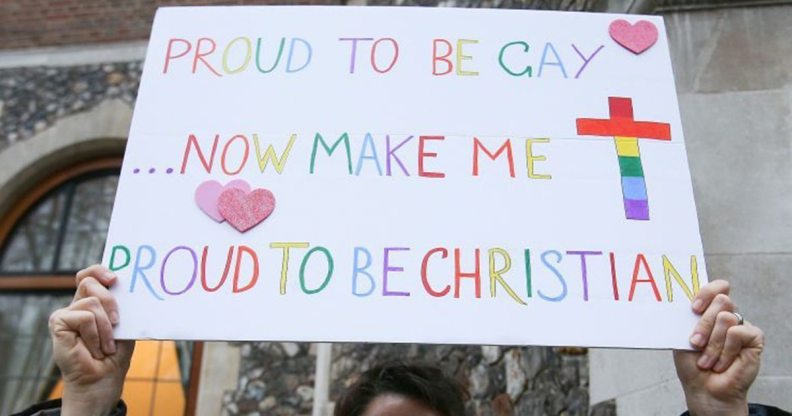
(DANIEL LEAL-OLIVAS/AFP/Getty Images)
A study has warned about the link between suicide in LGB youth and religious teaching that does not support their identity.
The research published last month in the peer-reviewed American Journal of Preventative Medicine highlighted a significant link between anti-LGBT religious teaching and suicide in LGB youth whose religion is important to them.
One of the study’s co-authors John R. Blosnich told HuffPost that anti-LGBT religious groups could be highly damaging.
He said: “Religious groups who stigmatize LGBT people should be aware of the potential damage they can do to an individual and families, and honestly the damage they do to themselves as an organization.”
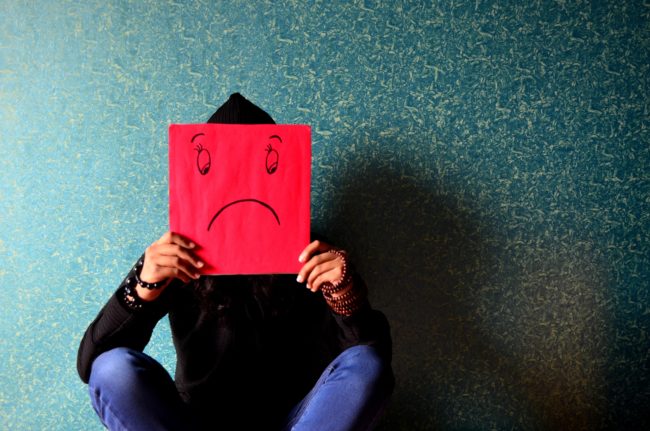
(Photo: Creative Commons)
The study used data compiled by the University of Texas and surveyed over 21,000 university students.
Traditionally, a strong attachment to a religion is seen to decrease the risk of suicide in the general population, however this study finds that the opposite is true for LGB youth.
2.3 percent of the students surveyed identified as gay or lesbian, 3.3 percent identified as bisexual and 1.1 percent reported that they were questioning their sexuality.
Students were then asked how important their religion or spirituality was to their sense of self.
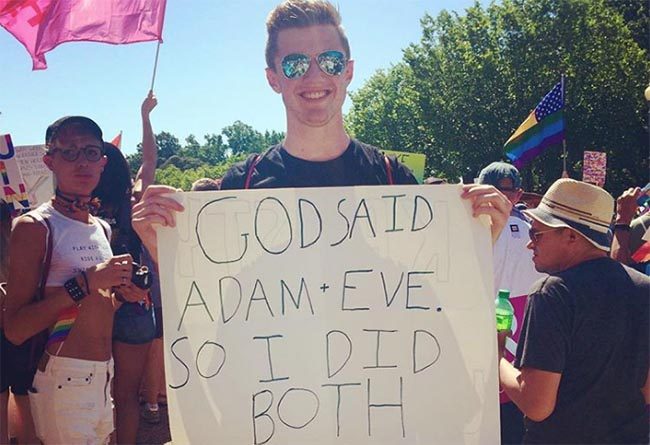
(zoeravenwood/Instagram)
The study found that lesbian and gay youths whose religion was very important to them had a higher risk of feeling suicidal. There was also a higher risk for a suicide attempt.
Students were asked about whether they had considered or attempted suicide, and whether they had recently experienced suicidal thoughts.
This was then compared with how important the students thought their religious beliefs were to their identities.
The study found similar figures to other research on the suicide risk of LGB youth.
3.7 percent of heterosexual students in the study had reported recently considering suicide.
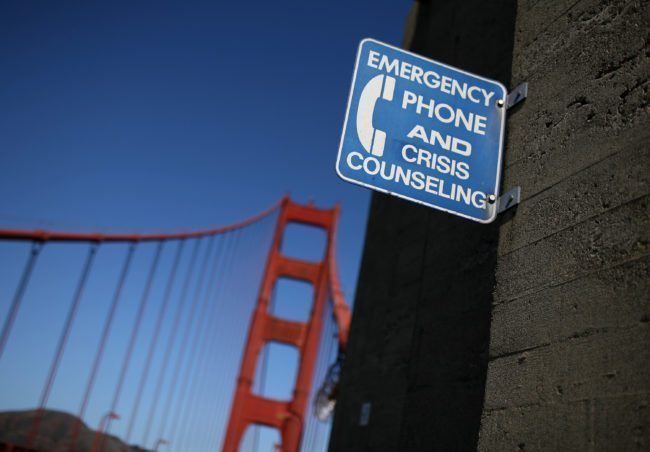
(Photo by Justin Sullivan/Getty Images)
Rates of suicidal thoughts among LGB students were consistently higher than their heterosexual peers, with 16.4 percent of questioning students experiencing suicidal thoughts.
11.4 percent of bisexual students reported recently thinking about suicide, compared to 6.5 percent of lesbian or gay students.
When the data was compared, the study found that lesbians who said their religion was important or very important to their identities were 52 percent more likely to have recently thought about attempting suicide.
Students who reported that they were questioning their sexuality and thought their religion was important were three times as likely to have recently attempted suicide compared to their heterosexual peers.
This study echoes previous research into the subject. A 2017 report by The Oasis Foundation linked church teachings on same-sex relationships to mental health issues affecting LGB people.
This report alleged that homophobia from Church leaders make LGB people more likely to self-harm and even contemplate suicide.
A 2014 American study found that bisexual and lesbian girls were approximately half as likely to have been treated by a medical professional as a result of a suicide attempt.
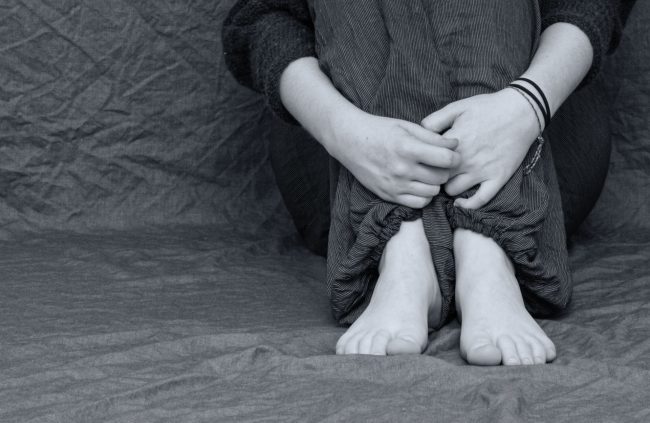
(Photo: Creative Commons)
Much of the research regarding suicide within LGBT youth exclude transgender and non-binary youths, as data is often harder to gather.
In this recent study, 0.2 percent of those surveyed identified as trans, which did not provide a large enough sample for the study, though the survey listed transgender as a completely separate gender identity, which may have affected these numbers.
However, a study conducted by the National Centre for Transgender Equality in 2016 found that of the 17,715 transgender people surveyed, 40% had attempted suicide.

